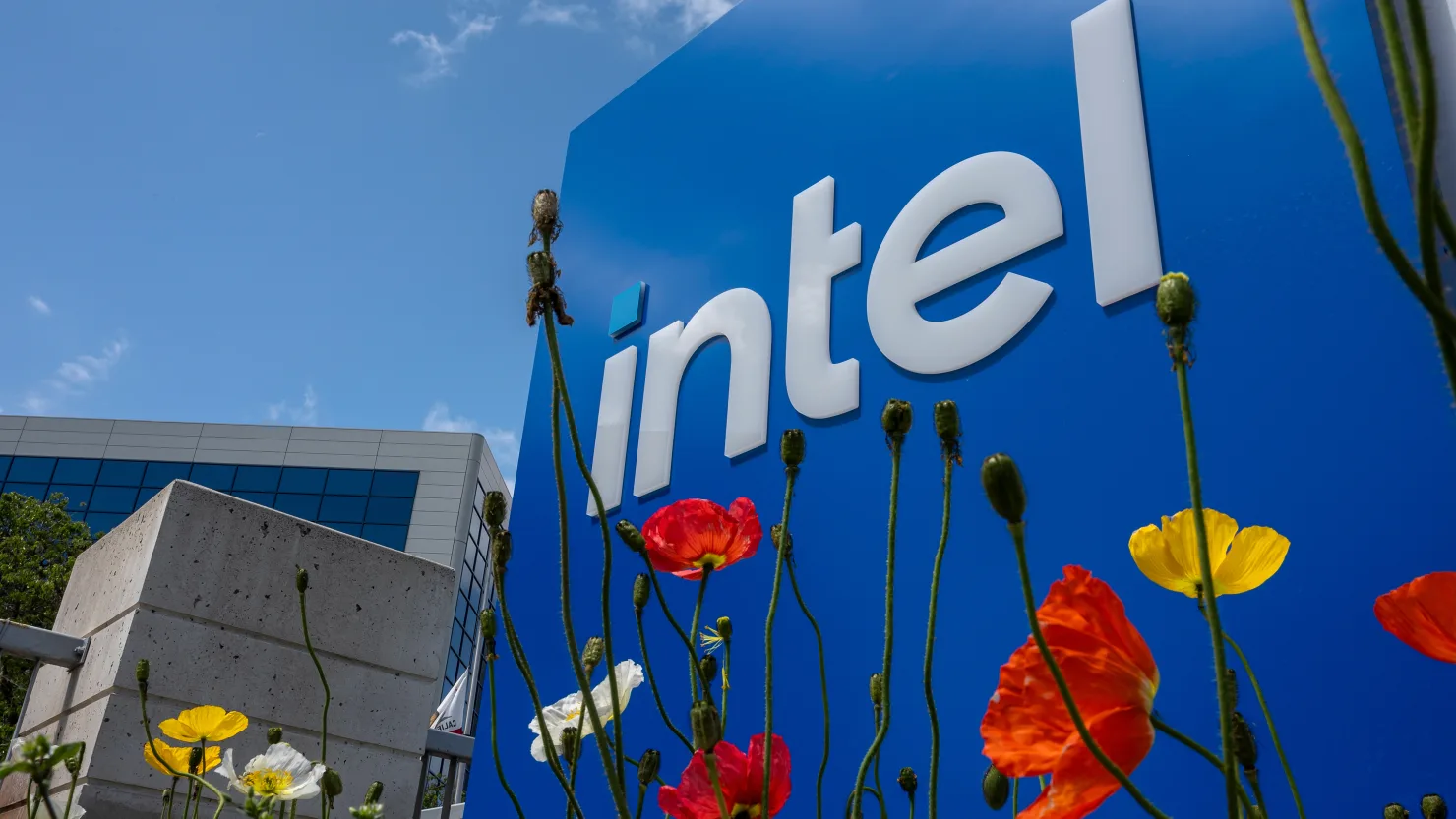Intel’s CFO, David Zinsner, warned that U.S. President Donald Trump’s tariffs, along with retaliatory actions from other countries, have raised the likelihood of a recession.
“The very fluid trade policies in the U.S. and beyond, as well as regulatory risks, have increased the chance of an economic slowdown, with the probability of a recession growing,” Zinsner stated during the company’s quarterly earnings call on Thursday.
Despite better-than-expected first-quarter results, which Intel attributed partly to customers stockpiling chips ahead of tariffs, the company’s revenue and profit guidance for the upcoming quarter fell below expectations. This led to a more than 5% drop in Intel’s stock during extended trading.
The company’s forecast for the current quarter is between $11.2 billion and $12.4 billion, a range Zinsner described as “wider than normal” due to the uncertainty surrounding tariffs.
Intel’s outlook highlights the sensitivity of manufacturers to trade restrictions, even for companies that are committed to U.S. production.
While Intel manufactures some advanced processors domestically, it also collaborates with Taiwan Semiconductor Manufacturing Company (TSMC) and Samsung in Korea for chip manufacturing and imports equipment from ASML in Europe. Additionally, the company depends on parts and materials from China.
The tariff environment has made it difficult for Intel to predict its performance, with Zinsner adding that the company is now expecting a potential shrinking of the total chip market, particularly if consumers stop purchasing new computers. “The biggest risk we see is the impact of a potential pullback in investment and spending, as businesses and consumers react to higher costs and the uncertain economic backdrop,” Zinsner explained.
Although Intel has production facilities around the world that could help mitigate some of the tariff impacts, Zinsner noted that the company will still face rising costs.
One potential outcome could be that consumers opt for computers and laptops based on older-generation chips, which are more affordable. “The macroeconomic concerns and tariffs have everybody kind of hedging their bets in what they need to have from an inventory perspective,” added Michelle Johnston Holthaus, CEO of Intel Products.
Intel is also grappling with U.S. government efforts to require licenses for shipping advanced chips for artificial intelligence to countries like China. This adds another layer of complexity to its operations.
Thursday’s earnings report was the first under Intel’s new CEO, Lip-Bu Tan, who took the helm last month. Tan indicated plans to reduce the company’s operational and capital expenses to improve efficiency.






